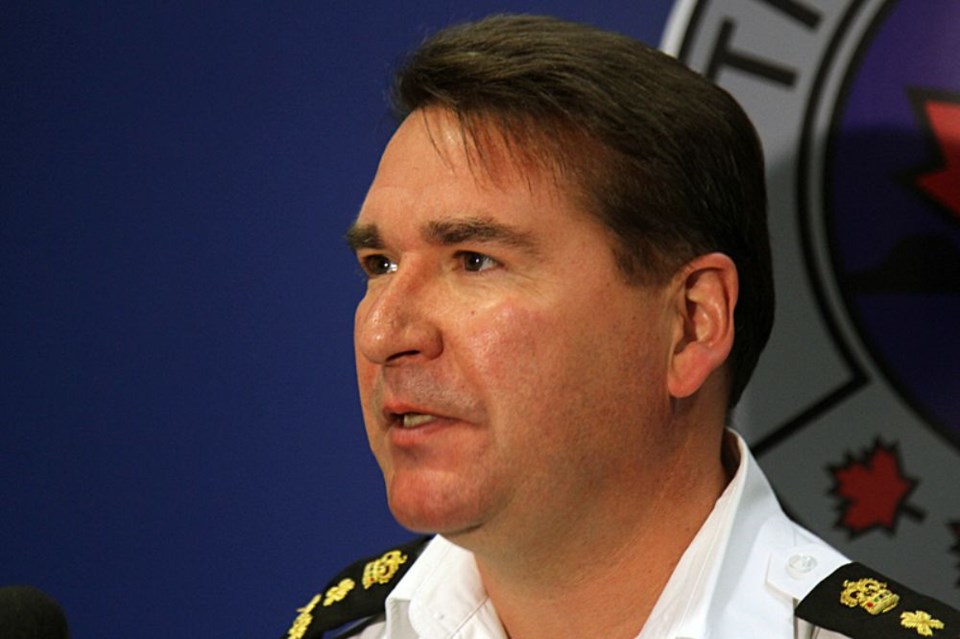THUNDER BAY – The city’s chief of police is hoping to develop a partnership that would see mental health professionals assisting officers on calls.
That was a report from J.P. Levesque to the Thunder Bay Police Services Board at their monthly meeting, which was held on Tuesday at the Balmoral Street station.
Five Ontario municipal police forces, including Sudbury and North Bay, receive funding from their respective Local Health Integration Networks to fund practitioners to accompany officers on calls where there are believed to be mental health issues.
Those two communities are seeing some benefits.
“One is that the care of the patients has improved and secondly it frees up police resources,” Levesque said in an interview following the meeting.
“If it’s working in other jurisdictions there’s no reason we couldn’t make it work here. It’s certainly something needed.”
Levesque has yet to formally meet with the Northwest LHIN to discuss the idea but said he believes it’s a conversation worth having.
It’s an area the police need to address in some form.
“We’re busy with them. When we have a mental health call our big issue is that we’ll be tied up in emergency waiting with that individual to be looked at by a doctor to see if that individual is going to be admitted under the Mental Health Act,” Levesque said.
“It’s anywhere from four, seven or eight hours tied up waiting.”
Responding to mental health calls can be some of the most difficult for officers.
Though they have some training, they simply don’t have the same experience as a specialized worker to analyze situations.
Levesque pointed to an incident this weekend where officers responded to reports of an unwanted, incoherent man who was originally brought to hospital for a mental health review but turned out to be suffering from a drug overdose.
“Trying to make that distinction, whether it’s a mental health concern or an addiction issue, that kind of training would go a long way,” Levesque said.
“Although we deal with people with mental health issues we’re not mental health professionals.”
